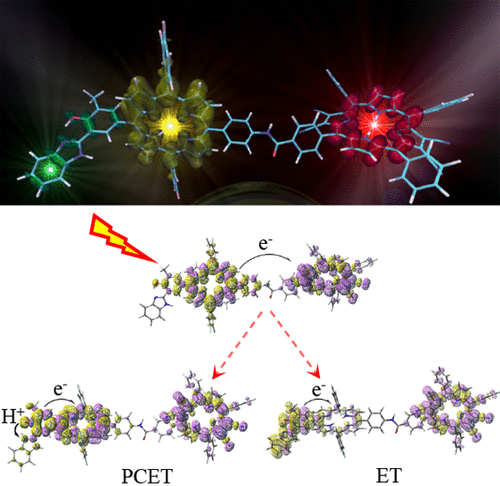Functionalized Pd/ZnO Nanowires for Nanosensors
Phys. Status Solidi RRL 2018, 12, 1700321
DOI: 10.1002/pssr.201700321
A method for surface doping and functionalization of ZnO nanowires (NWs) with Pd (Pd/ZnO) in a one‐step process is presented. The main advantage of this method is to combine the simultaneous growth, surface doping, and functionalization of NWs by using electrochemical deposition (ECD) at relatively low temperatures (90 °C). Our approach essentially reduces the number of technological steps of nanomaterial synthesis and final nanodevices fabrication with enhanced performances. A series of nanosensor devices is fabricated based on single Pd/ZnO NWs with a radius of about 80 nm using a FIB/SEM system. The influence of Pd nominal composition in Pd/ZnO NW on the H2 sensing response is studied in detail and a corresponding mechanism is proposed. The results demonstrate an ultra‐high response and selectivity of the synthesized nanosensors to hydrogen gas at room temperature. The optimal concentration of PdCl2 in the electrolyte to achieve extremely sensitive nanodevices with a gas response (SH2) ≈ 1.3 × 104 (at 100 ppm H2 concentration) and relatively high rapidity is 0.75 µM. Theoretical calculations on Pd/ZnO bulk and functionalized surface further validated the experimental hypothesis. Our results demonstrate the importance of noble metal presence on the surface due to doping and functionalization of nanostructures in the fabrication of highly‐sensitive and selective gas nanosensors operating at room temperature with reduced power consumption.




